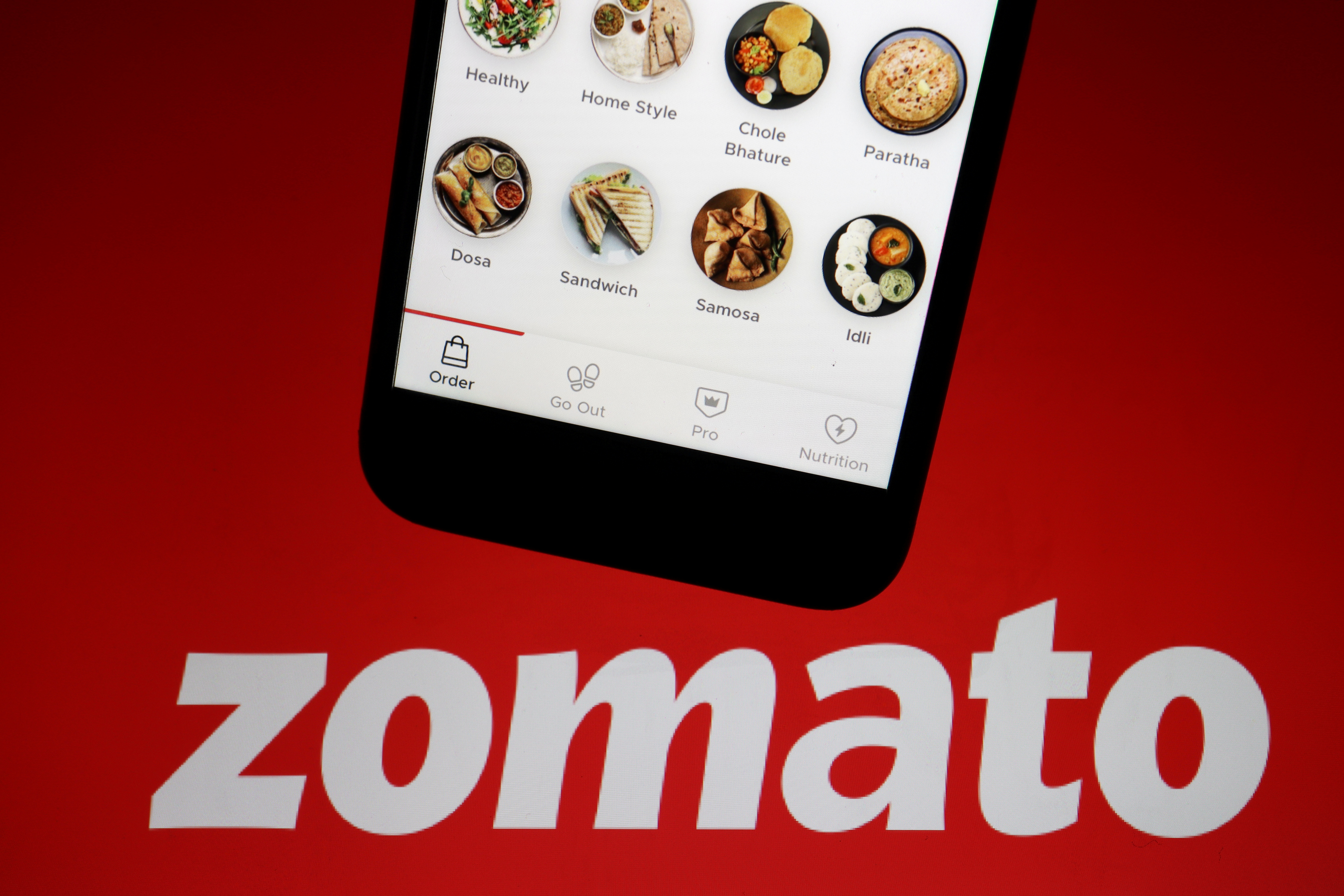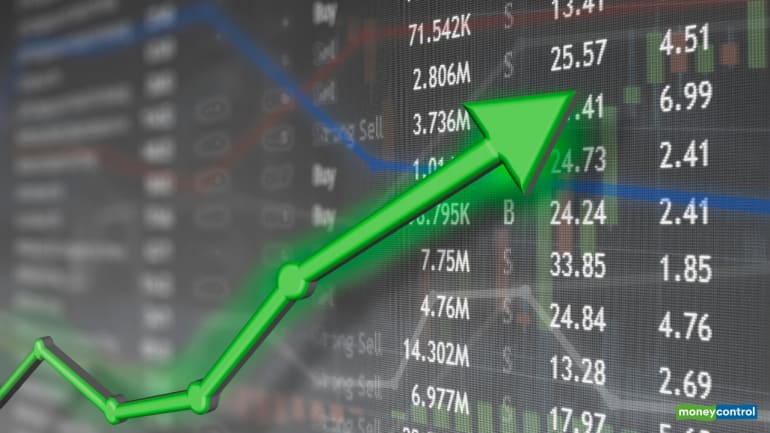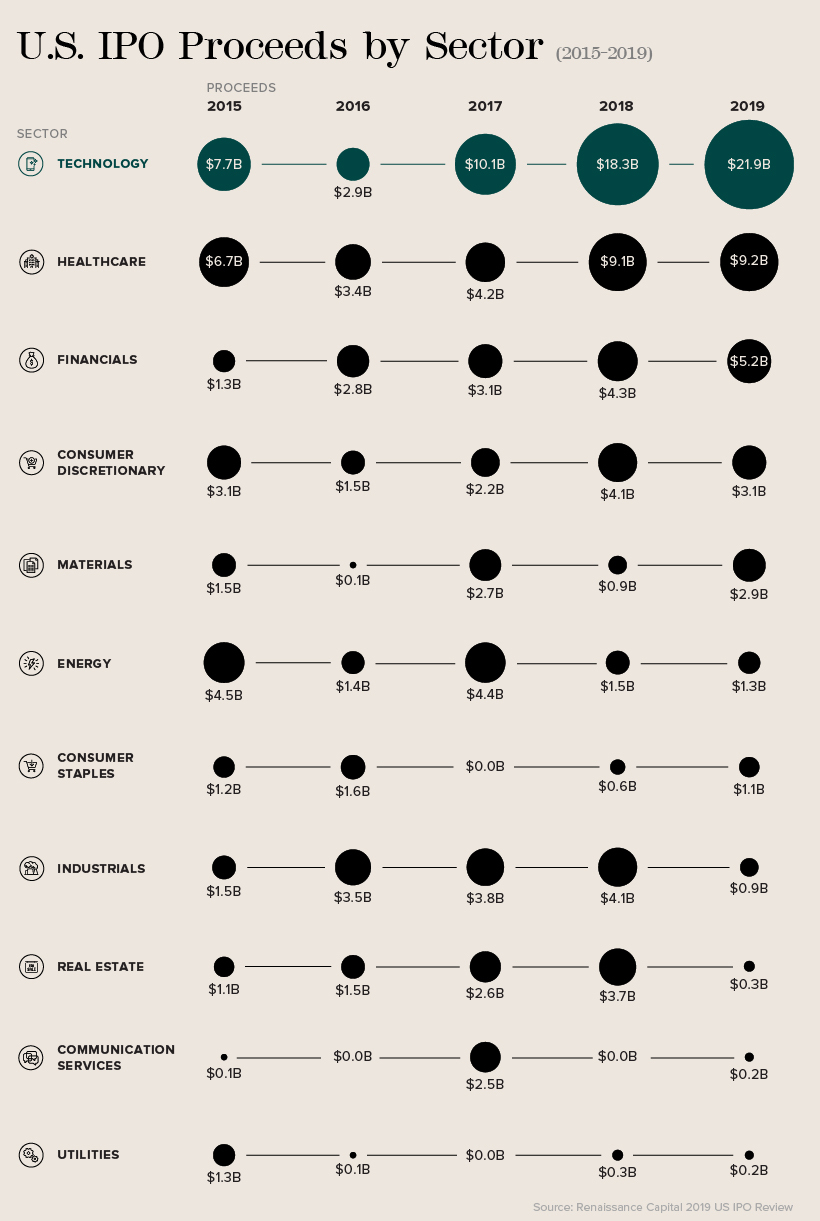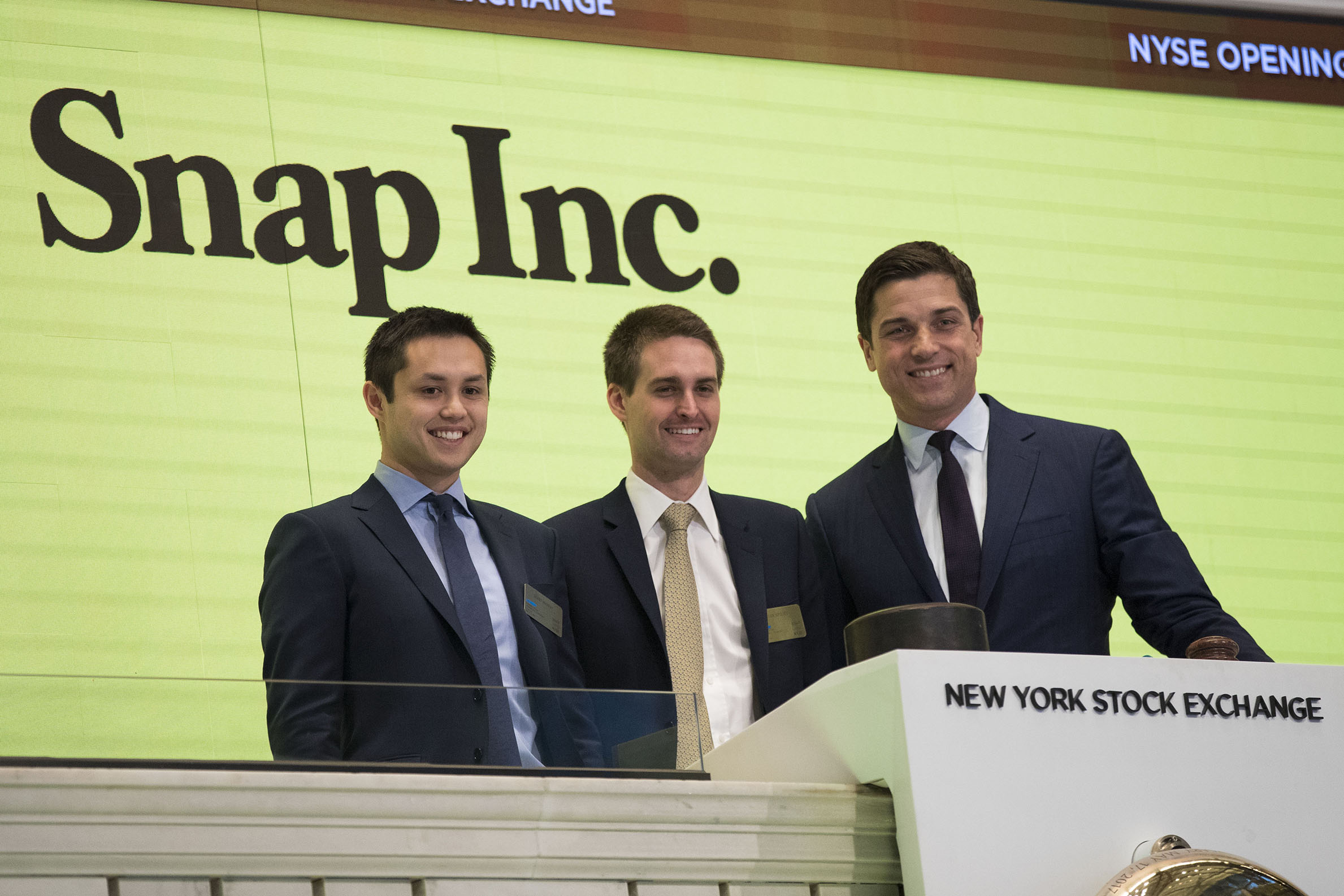
Chief exec Julie Wainwright announced that it was a “CEO dream team.” Launched in 1998–again during the height of the dot com bubble–the e-commerce site raised $82m, or $14 per share upon a 2000 IPO.

might be the only example of when a company has been unable to emerge from the shadows of a sock puppet. His own tale is pretty good evidence to the contrary. theGlobe ceased operations in 2007.ĭo you remember when an Internet company’s mascot appeared on Good Morning America? No? What about the time it was interviewed by People magazine, or when its commercial aired during the 2000 Super Bowl (the one when Mike Jones became famous for The Tackle)?


“Life is not about a stock price – people have to understand that,” wrote Paternot in his 2001 memoir A Very Public Offering. Journalists could barely hide their schadenfreude when Paternot, known by then as “The CEO in the plastic pants”, was forced out of theGlobe in 2000 alongside Krizelman, with its share price just 10c. Now I’m ready to live a disgusting, frivolous life.” Dressed in shiny black pants, Paternot told the reporter, “Got the girl. The company’s 3.1m floated shares raised $27.9m, setting theGlobe’s market capitalization at $841.8.Īt one point the firm’s price hit $97. Paternot was infamously recorded by CNN at a glitzy Manhattan bar with his model girlfriend Jennifer Medley. On November 13th theGlobe posted the biggest first-day gain of any IPO in history, jumping 606% from $9 to $65. By the time founders Stephan Paternot and Todd Krizelman decided to go public, in November 1998, the first dot com bubble was in full swing and billions were being thrown at anything that looked as if it might dominate the Internet space.

In 1994, a full decade before Facebook emerged, there was, the first social media that allowed users to share content with each other. Here are five tech IPO flops that have no doubt caused tears and plenty of sleepless nights. But while the Los Angeles-based social media firm will have had few traders rushing to buy stock, the tech industry has seen far, far worse. IPOs are risky business–just ask Snap CEO Evan Spiegel, whose first financial report post-IPO left much to be desired.


 0 kommentar(er)
0 kommentar(er)
